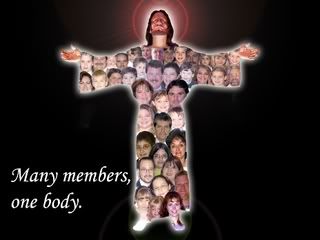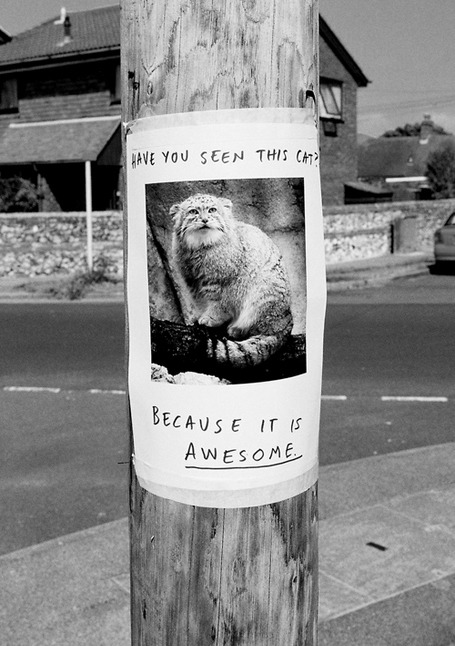When you think about these differences between the morality of one people and another, do you think that the morality of one people is ever better or worse than that of another? Have any of the changes been improvements? If not, then of course there could never be any moral progress. Progress means not just changing, but changing for the better.If no set of moral ideas were truer or better than any other, there would be no sense in preferring civilised morality to savage morality, or Christian morality to Nazi morality....The moment you say that one set of moral ideas can be better than another, you are, in fact, measuring them both by a standard, saying that one of them conforms to that standard more nearly than the other.....Or put it this way. If your moral ideas can be truer, and those of the Nazis less true, there must be something—some Real Morality—for them to be true about.....if the Rule of Decent Behaviour meant simply ‘whatever each nation happens to approve’, there would be no sense in saying that any one nation had ever been more correct in its approval than any other; no sense in saying that the world could ever grow morally better or morally worse. (Mere Christianity, p. 25)
I'm sorry if I put too large of a passage up to quote, but it seems to me that so much of what Lewis (Clive. Do you think he'd be okay with me calling him "Clive"? "C.S."? Okay, I'll stick with "Lewis") says requires his further explanation. Even within the context of the above quote, Lewis gives an excellent example of how one can have the wrong or right idea of New York, only because it is a real place. If it only existed in our own heads, it would be a matter of maybe that's true for you but not me, but since it is real, one's idea of it can be complete or incomplete.
I like that he says we can only judge the Nazis as wrong because there is a standard of moral conduct from which they fall short. (Very, very, very short.) Today we like to be understanding and tolerant of other nations (with such humility that it seems to me we barely tolerate ourselves, but I digress) but the atrocities committed by the Nazis were so monstrous, so far from the Rule of Decent Behavior, that even with the distance of seventy years, there is no way to see their actions from a point of view other than horror. But if we simply went by the definition "whatever each nation happens to approve", why is their behavior considered by us to be so shocking, atrocious, repugnant, savage, ruthless... wrong even? (I mean, really, could you think of any other example were the word "sinful" just didn't seem strong enough?)
There is a standard, and it is born in every one of us. This means that it is impossible for us to be "tolerant" all the time, or else we fall into the trap of tolerating what is immoral, and thus becoming immoral ourselves.
My friend Jason is hosting the book discussion on Mere Christianity, Chapter Two today. Click here to read his thoughts on progress, and the links to other discussions of this chapter.
Wednesday, March 30, 2011
Subscribe to:
Post Comments (Atom)





















6 comments:
Helen, I struggled with what you're talking about here. It's as if the text is so densely packed that it's hard to separate without trying to restate everything, but you did an excellent job! I think that's why I took the easy route and picked one sentence this time. :)
Thanks so much.
Excellent thoughts!
"This means that it is impossible for us to be "tolerant" all the time, or else we fall into the trap of tolerating what is immoral, and thus becoming immoral ourselves."
I love your conclusion.
May we live by the standard of God, and God alone.
The idea of "personal truth" (it's true for me, even if you don't like it) is SO selfish. We're supposed to love our neighbor, but when we're that focused on ourselves, we really can't love our neighbor. The Nazis certainly weren't loving their neighbors...
Thanks for your perspectives and insights, Helen! You are always a blessing!
Call him Clive.
It makes him seem more human.
And after writing Mere Christianity, he needs to be human in my head. :)
In order to love what is good and hate what is evil, we must have a standard to judge what good and evil is. I think you're exactly right that we are all born with a sense of what this is. I choose Truth from the bible. It may not always fit what I want my idea of good and evil is, but it's the most reliable, consistent source I know of.
Post a Comment